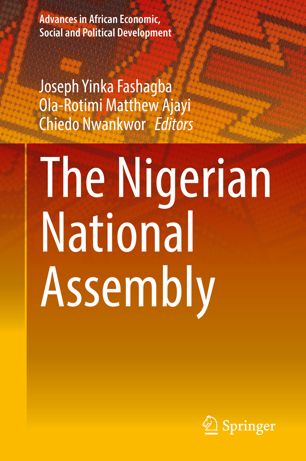

Most ebook files are in PDF format, so you can easily read them using various software such as Foxit Reader or directly on the Google Chrome browser.
Some ebook files are released by publishers in other formats such as .awz, .mobi, .epub, .fb2, etc. You may need to install specific software to read these formats on mobile/PC, such as Calibre.
Please read the tutorial at this link: https://ebookbell.com/faq
We offer FREE conversion to the popular formats you request; however, this may take some time. Therefore, right after payment, please email us, and we will try to provide the service as quickly as possible.
For some exceptional file formats or broken links (if any), please refrain from opening any disputes. Instead, email us first, and we will try to assist within a maximum of 6 hours.
EbookBell Team

4.8
84 reviewsThis book examines the role of the legislature in the democratic governance of Nigeria. Once one of the foremost political institutions of governance established in the early days of Colonial administration in Nigeria, the legislature has had an inconsistent role since statehood, subject to repeat dissolution at the hands of various military regimes. Focusing on the Nigerian Fourth Republic’s National Assembly (1999-present), this book discusses in detail the ways in which the national assembly has handled each of its major functions, the nature of the relationship between the assembly and the legislature, and the institutional mechanism through which its internal business is facilitated and executed. Furthermore, the chapters examine the level of assertiveness of the legislature, and the degree of importance and weight attached to their contributions to governance in motions, resolutions, and law-making. This book offers a unique look into legislative studies, an area which has been historically overlooked in the research on the Nigerian government, and will be useful to students and researchers in African studies, democracy and state-building and legislative studies.